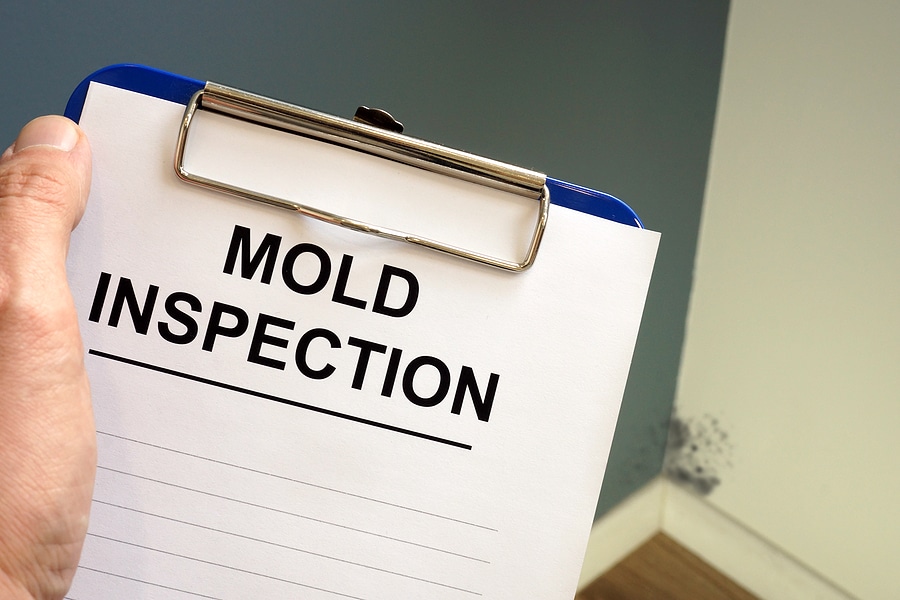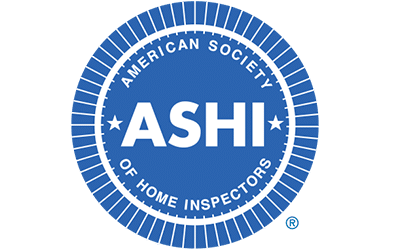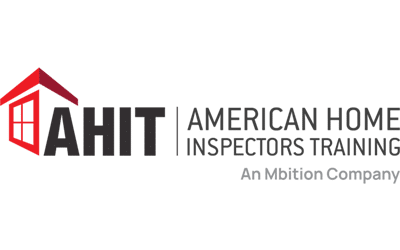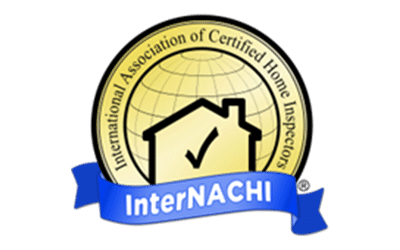Understanding the Results of Mold Testing
Mold can be a nuisance in any dwelling, but it can also be a serious health risk. That’s why, if you suspect there’s mold in your home, you should call Residential Inspector of America for mold testing. But what comes next after you receive the mold test results? What do the numbers and percentages actually mean? Below, we’ll take a closer look at how to interpret mold testing results and what steps to take afterward.

Understanding Mold Testing Results
When you receive your mold testing results, they will typically include two numbers: the total spore count and the percentage of each type of mold found. The total spore count indicates the number of mold spores collected during testing. The percentage of each type of mold can help you determine the type of mold present and how severe the infestation is.
Identifying the Type of Mold Present
Some types of mold are more dangerous than others. For example, black mold (Stachybotrys chartarum) can cause serious respiratory problems in sensitive individuals. Other types of mold, such as Aspergillus and Penicillium, are less harmful but can still cause health problems. Your mold test results will identify the mold present and whether you need to take immediate action to address the issue.
Addressing Mold Infestations
If mold testing confirms its presence, it’s important to take action as soon as possible. Depending on the severity of the infestation, you may be able to clean it up yourself, or you may need to hire a professional mold remediation company. If you choose to tackle the problem yourself, be sure to wear protective gear, such as gloves, goggles, and a respirator, to avoid inhaling mold spores. If the infestation is severe, or if you have health problems that could be aggravated by exposure to mold, it’s best to leave the cleanup to a trained professional.
Preventing Future Mold Infestations
Once you have addressed the current mold infestation, it’s important to take steps to prevent future outbreaks. This can include fixing any water leaks or moisture problems that contributed to mold growth, improving ventilation in your home to reduce humidity levels, and installing dehumidifiers in any areas of your home that are particularly prone to moisture buildup.
Get Your Mold Test Today
If mold is a concern in your home in Buford, GA, getting a mold test scheduled with Residential Inspector of America sooner rather than later is pivotal. You’ll have the results needed to move forward within three business days. Curious about other home evaluations? Ask us about our termite evaluations and radon testing when you schedule your appointment today. Call us at (770) 476-4963.




